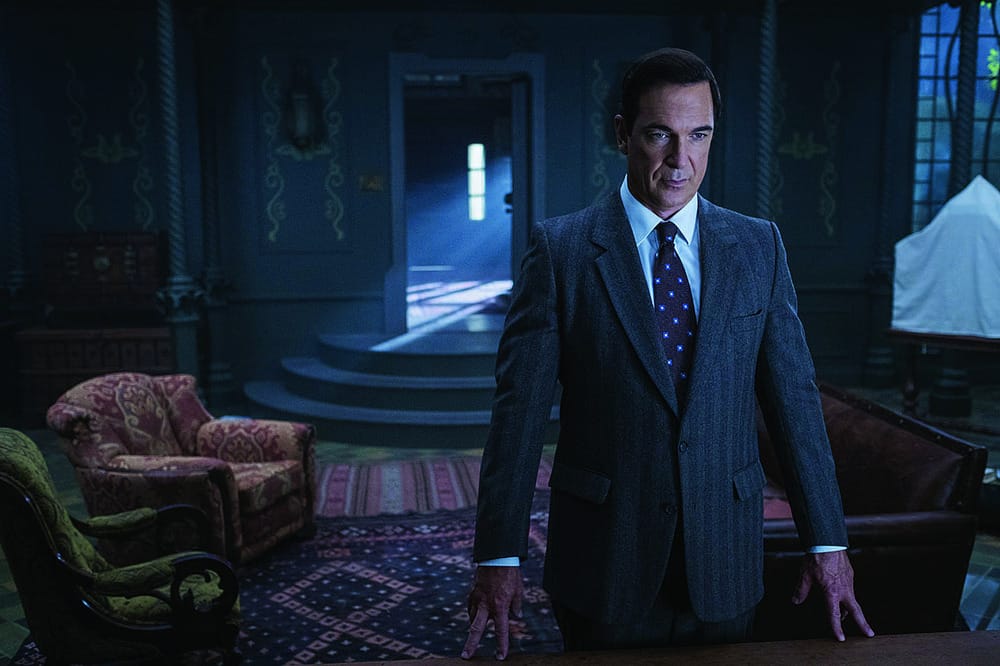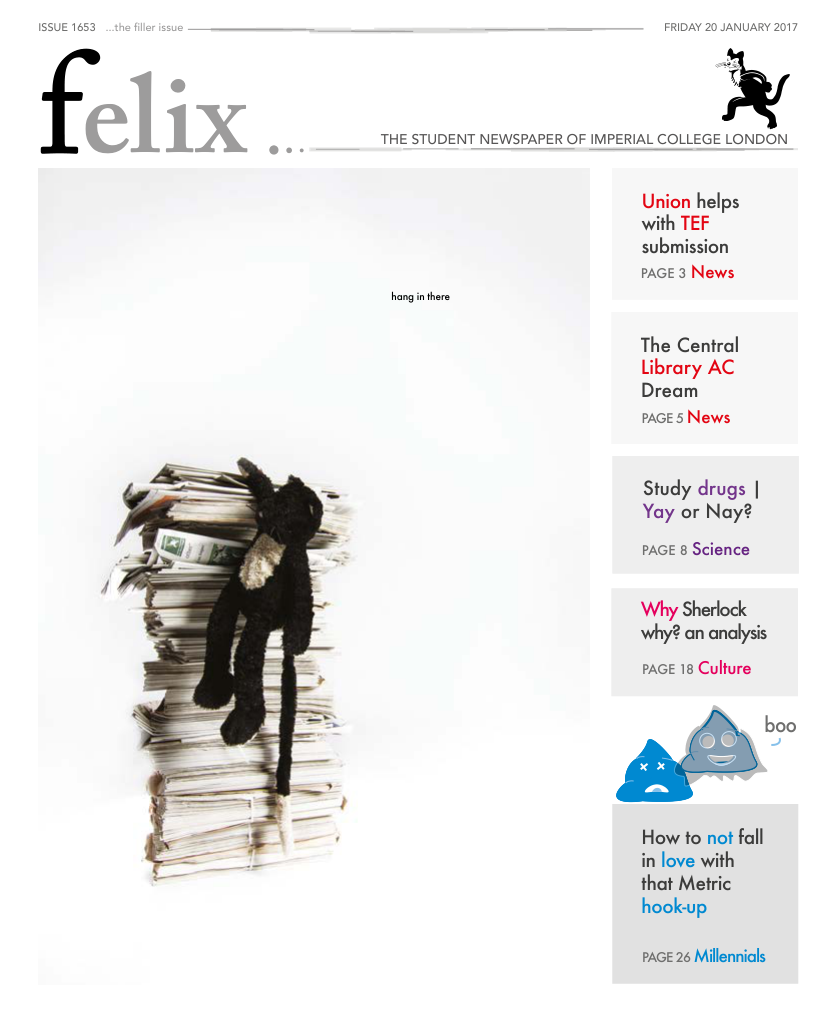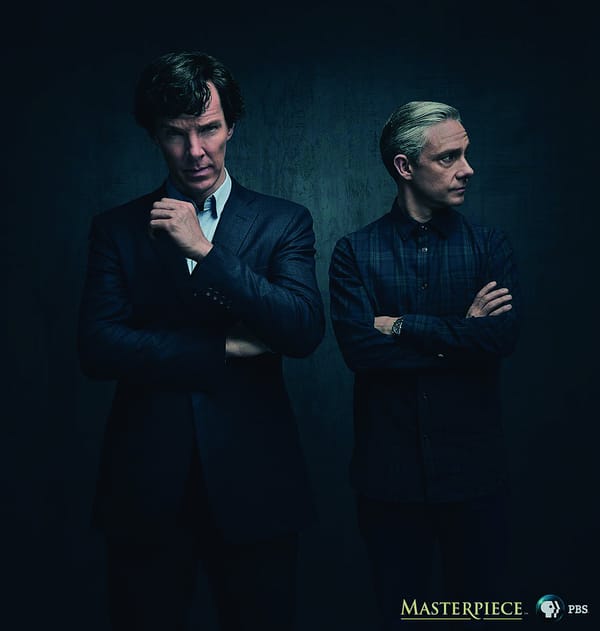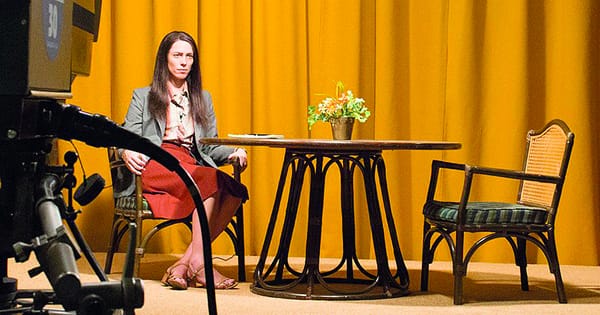Rebooted | A Series of Unfortunate Events
Once again, Netflix rushes into rescue and, in this case, reboot a much loved property that had been poorly adapted. So, is the series any good, or does it become an all too literal rendition of its title?

The catchy theme song of this Netflix adaptation advises you to look away, warning you of a story that is dark and has no happy ending. If you actually listen to that advice, it would be an unfortunate event in of itself, as you would be missing out on a well-made, dark and incredibly self-aware series.
A series of unfortunate events were originally a much beloved book series, telling the story of the Baudelaire orphans, Violet, Klaus and Sunny. Right off the bat, their parents die in a mysterious house fire and they are thrust into a grim and dark world, constantly shifting between guardians and being pursued by the menacing Count Olaf, who’s after their inheritance and plans all sorts of vile schemes to get his way.
While a previous film adaptation with Jim Carey was a bit more free with the source material, this Netflix series adapts the books very closely. Of course it helps massively that the real-life writer, Daniel Handler, is an executive producer and the show’s writer. Roughly, each book is divided into two episodes, and watching two, or even one is enough to tell a cohesive story for those not fans of binge watching. Watching several together, however, may feel a bit cyclic at times. The highlight of the show is Neil Patrick Harris as the zany and despicable Count Olaf, who is always just about smarter than all the other adults so that he can conduct his meticulous plans. Harris is able to nail the ridiculousness of the character, while making sure he remains a frightening force to be reckoned with. The actors who play the older Baudelaires, Weissman and Hynes, are also terrific and instantly likeable, able to hold their own against their experienced adult co-stars. This is both literal and figurative as the series portrays the children as intelligent and observant, as opposed to the adults who are depicted as dumb and corrupted by society. Patrick Warburton is also a real treat as Lemony Snicket. He opens and closes the episodes as well as interjects between various key scenes, giving us a fourth wall commentary, explaining certain phrases or apologizing for the dark nature of this tale. His costumes and deliberately dry delivery are amusing to watch and add levity to the proceedings while alloing for fun visual transitions between scenes.
The show never shies away from its dark and dreary nature; it’s about a man maliciously after three orphans after all. Count Olaf’s actions always feel tense and creepy, whether it’s his plan to marry a fourteen year old girl or even his simple action of slapping a child. As weird and expansive as it is, this series is similar tonally to shows like Jessica Jones or Stranger Things, while being crazier and wackier.
This show also really flourishes on world-building and the style really makes each episode feel unique (almost like they were based on books). With a mix of practical design, CGI and beautiful set castings, every new location feels unique and well designed, from the messy and decaying rooms of Count Olaf’s mansion and the vibrant and lively environment that is the Reptile Room. Though at times the CGI may falter, in some of Sunny’s scenes for instance, there’s always a stunning view with an appropriate atmosphere. There’s also a fun mix of the contemporary and the vintage with archaic clothing styles and steampunk devices amidst references like Uber and Haruki Murakami.
It honestly does not matter if you’ve never read any of the books filled with Unfortunate Events. This Netflix series is extremely welcoming to newcomers, opening its mystery box of encapsulating despair from the first episode and layering it with performances, writing and direction that keep you riveted until the end. An ongoing mystery keeps you coming back for more; even if you are a book reader, there’s something new as an intriguing new subplot is added not seen in the books.
At this point, any Netflix adaptation is bound to be good and this show is no exception. While the plot may get a bit repetitive, the charming cast and lingering mysteries are consistently engaging and just plain fun, for lack of a better word. Though Lemony Snicket may constantly protest, you’d be doing yourself a disservice if you don’t watch this show.










